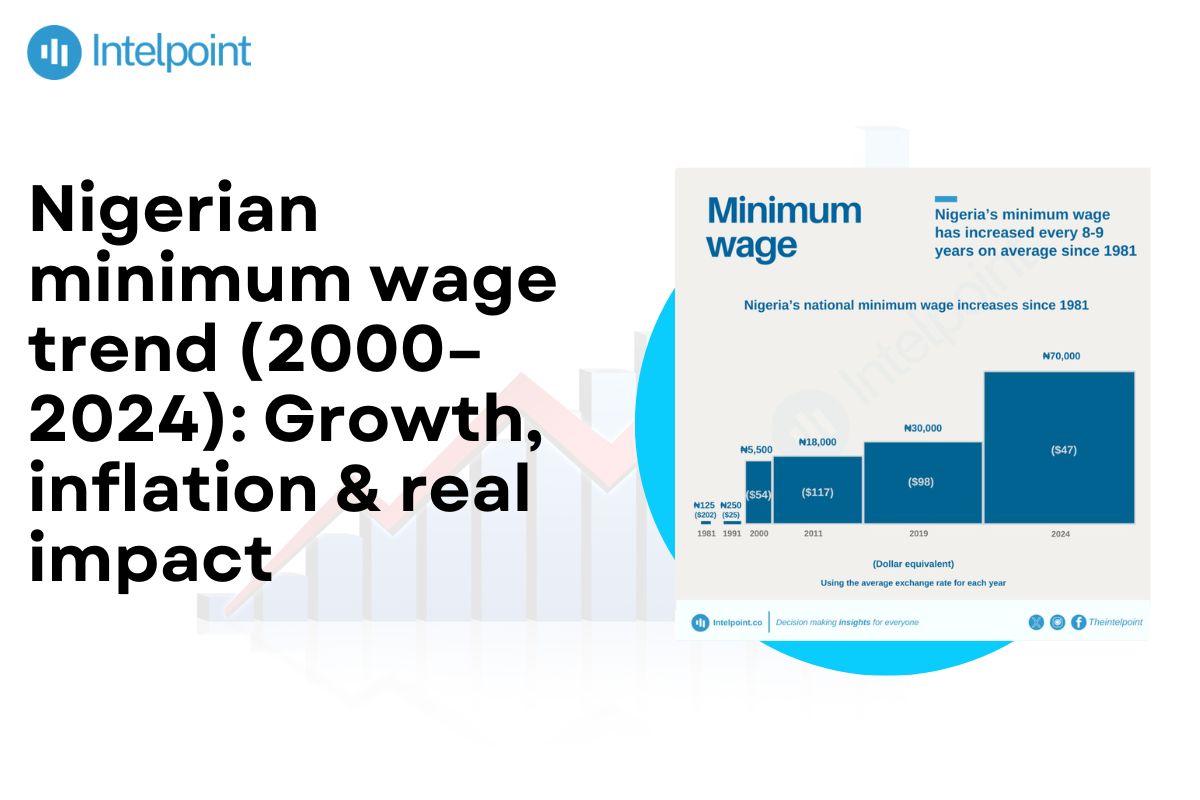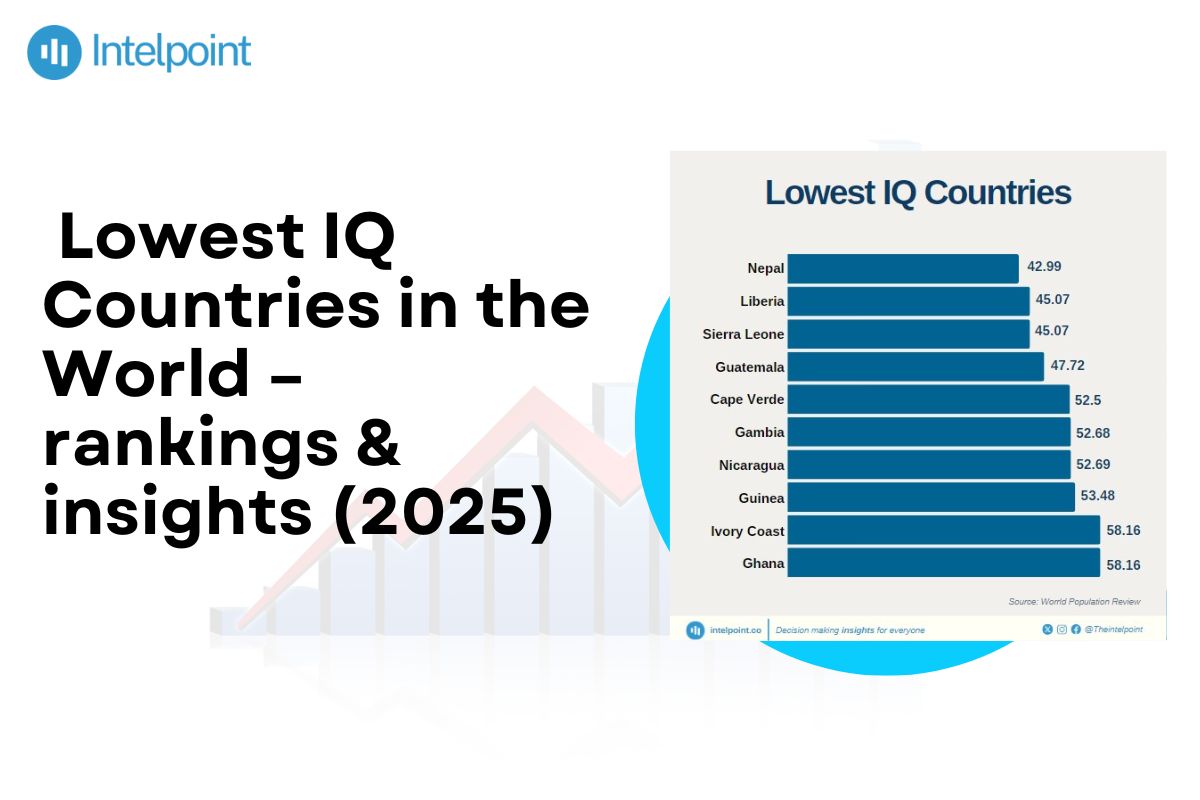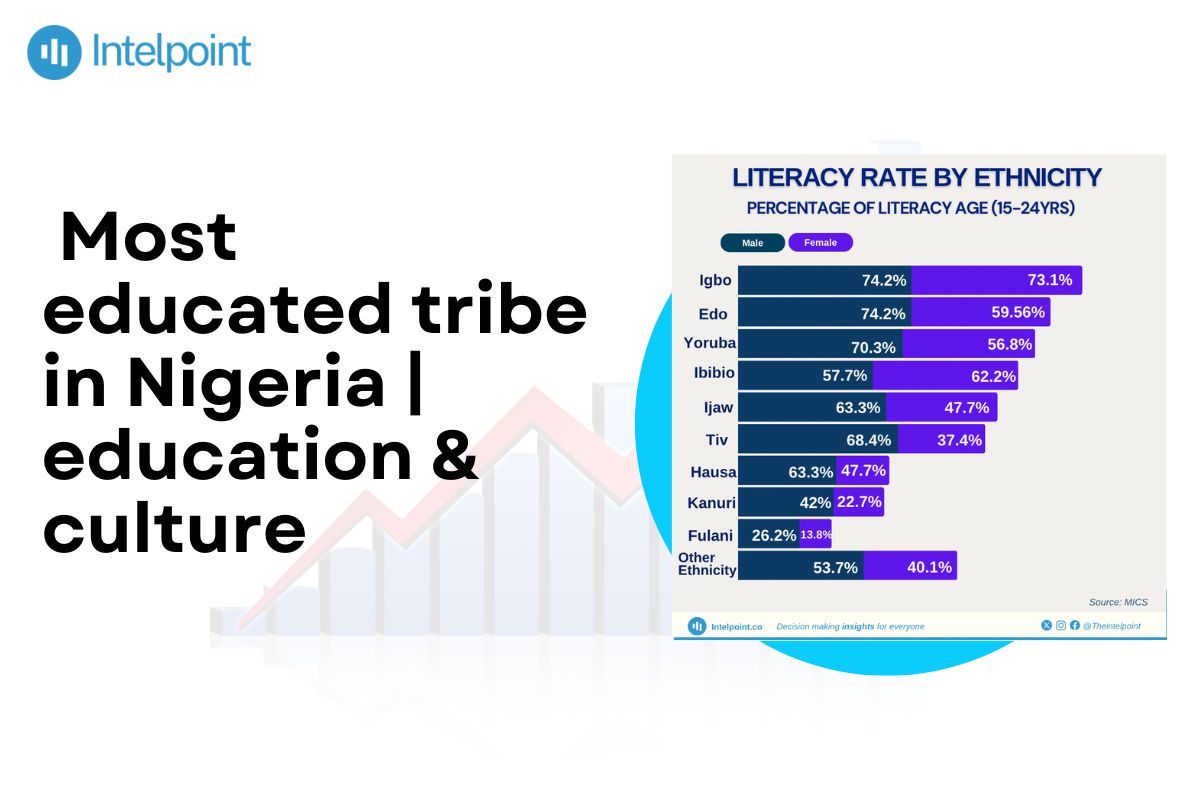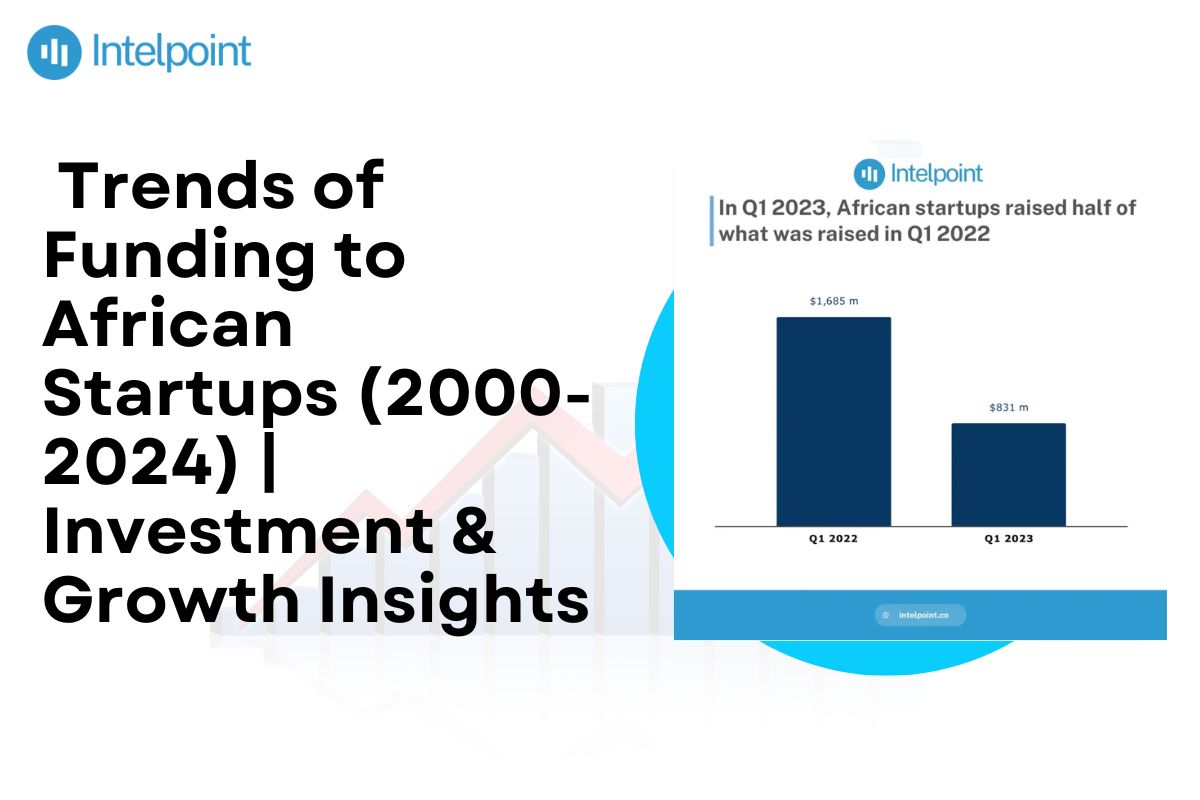
Nigeria’s national minimum wage rose by 133% to ₦70,000 monthly effective July 2024, up from ₦30,000. The increase was expected to reverse a 34.19% June 2024 inflation rate. The monthly living cost is approximately ₦43,200 for an individual and far more than ₦137,000 for four people. Despite this increase, there is apprehension about its impact on employees' spending power due to ongoing inflation pressures.
Here is a table summarizing Nigeria's minimum wage trends from 2000 to 2024:
| Year | Minimum Wage (₦) | Percentage | Comments |
| 2000 | 5,500 | 2100% | Implemented to improve workers' welfare amid economic challenges. |
| 2004 | 7,500 | 36% | Aimed at addressing inflation and cost of living increases. |
| 2011 | 18,000 | 140% | Significant hike to enhance purchasing power and reduce poverty. |
| 2019 | 30,000 | 67% | Response to labor unions' demands for better wages. |
| 2004 | 70,000 | 133% | Recent adjustments to mitigate economic hardships and high inflation. |
Key takeaways
- 2000: Following Nigeria's return to democracy, the minimum wage rose to ₦5,500 monthly under President Obasanjo.
- 2004: It increased to ₦7,500 under the regime of President Obasanjo.
- 2011: During the presidency of Goodluck Jonathan, the minimum wage increased to ₦18,000 monthly.
- 2019: President Muhammadu Buhari signed an increasing wage to ₦30,000.
- 2024: President Tinubu pegged the minimum wage at ₦70,000.
2000-2004: Early economic reforms
Nigeria’s minimum wage increased by 36% to ₦7,500 monthly from ₦5,500. In 2003, the nation’s inflation averaged 14.4%, while its GDP deflator averaged 21.0%.
Real GDP grew by 10.9% in 2003, driven by a 26.5% advance in oil GDP and 4.4% in non-oil GDP. GDP per capita averaged approximately $415 in 2003. The services sector grew by 1.2% in 2003.
2011-2019: Economic adjustments
Between 2011 and 2019, Nigeria’s minimum wage increased by 300%, from ₦7,500 to ₦30,000. The initial 140% hike to ₦18,000 in 2011 attempted to compensate for inflation, which averaged 10.83% that same year.
By 2019, inflation had reached 11.40%, indicating ongoing economic issues. The GDP per capita dropped by 2.8% to approximately $2,288.3, signaling overall economic stresses.
2024: Wage adjustment
In July 2024, the minimum wage increased by 133% to ₦70,000 monthly. The inflation peaked at 34.19% in June 2024, led by food inflation of 40.9% and currency depreciation.
The labor unions had initially demanded ₦494,000, reduced to ₦250,000, before agreeing on ₦70,000. The state governments were worried by budget limitations, with budget deficits affecting how well they implemented the new wage.
Conclusion
Nigeria’s minimum wage increased by 133% to ₦70,000 by 2024. The country’s estimated inflation will reach 30% by 2025, while GDP will grow by 3% to 4%. GDP per capita remains very low, and estimated government debt will reach 50.03% by 2025.
FAQs
What is Nigeria’s new minimum wage?
As of July 2024, the national minimum wage for federal workers in Nigeria is ₦70,000 per month, up from ₦30,000.
Which state pays the highest minimum wage in Nigeria?
As of October 2024, Lagos and Rivers States pay the highest minimum wage in Nigeria, pegged at ₦85,000 per month. It is above the federal minimum wage pegged at ₦70,000.
When was the minimum wage last reviewed in Nigeria?
The minimum wage was last reviewed in July 2024, increasing it to ₦70,000 per month.
What is the average salary in Nigeria?
Salaries in Nigeria are sharply different among industries, experiences, and locations. The National Minimum Wage is ₦70,000 per month for 2024, though the average salaries are always higher and vary regarding the sector involved and the particular role in question.




